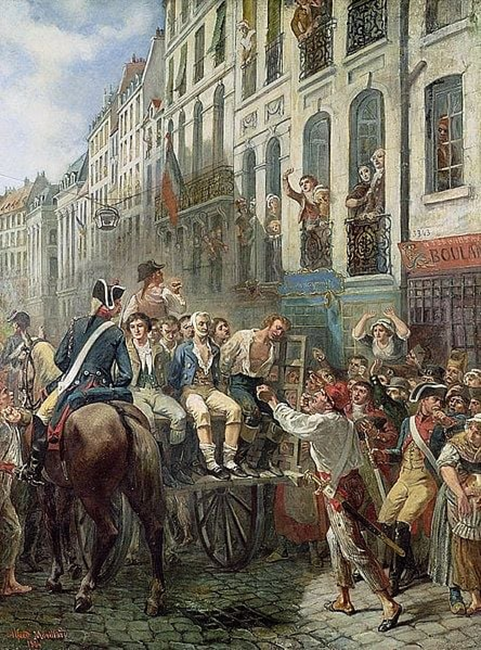There has long been a persistent tension, a binary opposition in my thinking, between romanticism and enlightenment, faith and reason, spirituality and science. It was first awoken in my in depth research into the essence of technology, as it revealed itself as little more than an interaction with nature; and as my research into the philosophy of mind, agency, and time suggested, it was not all that clear that such interactions were intentional. All of that appeared to coalesce in Spinoza’s monism, his idea that there is only one substance, that each of us – and everything else that exists: rocks, trees, stars, time, even god – is part of a single thing, a single substance. Habermas claimed the ascendancy of the existential fissure in the Axial Age – the time of classical Athens, around 500BCE give or take. Neitzsche agreed, blaming Socrates, and looking instead to the pre-socratics for wisdom. Carlo Rovelli, whose The Order of Time I’m just about finished (such a lovely book – more on that later), goes to Anaximander (610 -546 BCE, roughly) to understand his modern science (in particular quantum mechanics) and its real meaning. However, most people today would identify the French Revolution and the late eighteenth century as being the true breaking point, when the Divine Right of Kings was abandoned, and Science asserted itself as our true…well, our true faith.
Continue reading “Resurgent, or Synthetic Romanticism”Category: France
How revolutionary are revolutions? Are they accelerated historical developments? Or are they merely dramatic and shocking moments that somehow capture a moment, and lend themselves to compelling narrative? Having just finished Simon Schama’s monumental Citizens: A Chronicle of the French Revolution, I’ve been thinking a lot about how genuinely revolutionary revolutions are, so to speak. Schama himself is sceptical on how much the Revolution changed, and excoriating when it comes to the needlessness of the violence that surrounded the fall of the monarchy in France. While there was a disempowering of the clergy, and some transfer of wealth in that sense, little else really changed in France, in terms of social order and loci of control. While at the time the book was seen as a revisionist work, I am persuaded by his arguments that the required social reforms were underway well in advance of the Revolution, and that the subsequent reversion to traditional power structures further emphasised its vapid core. The General Will, as the wags had it, was ultimately replaced by the General’s Will, as the shadow of Napoleon loomed large over the epilogue.
Continue reading “The Drama of Revolution”
Attending for a while to more immediate political concerns: Brexit. A story today suggested that Ireland should plan to leave the EU should Brexit be as hard and as cold as it promises to be. It struck me that it is in Britain’s interests to inflict significant damage on Ireland for several reasons. Primary amongst them is the rationale that Britain needs to divide Europe in order to find the best deal for itself. A divided and fractured Europe will make those who wish to defend the union more disposed to compromise. Therefore its strategies for dealing with the marginal nations – with Greece, with the Netherlands, and with Portugal – will be just as important as those strategies for dealing with France and Germany. Ireland is special, in that it shares a land border, and where there remains the possibility of terrorism – even if diminished – from a history all too recent.
Continue reading “Is it in Britain’s Interests to Punish Ireland in Brexit?”

As Francois Hollande transitions from the bureaucratic administrator of the Fifth French Republic to a wartime leader in the latest instalment of the rolling war on terror, decisions are being made about France. The latest pronouncements – from overbearing surveillance measures introduced in the Summer in the aftermath of the Charlie Hebdo killings, to the most recent introduction of a three month state of emergency in order to deal with the Paris attacks – diminish democratic governance and accountability, in the short-sighted interests of expediency and national security. But this disaffected progression is not new; perhaps the January and November attacks were more overtly offensive than before, and appear more obvious inflection points, but we must go back ten years to the riots of 2005 to try and understand what is happening. Furthermore, the decisions being made today are not merely reflective of missteps taken in the past, but instructive as to the kind of France that is emerging for the future. And for France, we can read Europe, and Western Liberalism.
With the Eurozone crisis in full swing, and ‘Grexit’ now seeming inevitable, the differences between France and Germany seem stark. In particular, the position of Germany appears to have veered significantly from the position it had taken at least in the aftermath of unification, and certainly at the time of the Maastricht Treaty. This is troublesome on many levels, not least the inevitable parallels that will be drawn between a belligerent and newly assertive Germany, and its inter-war counterpart.


